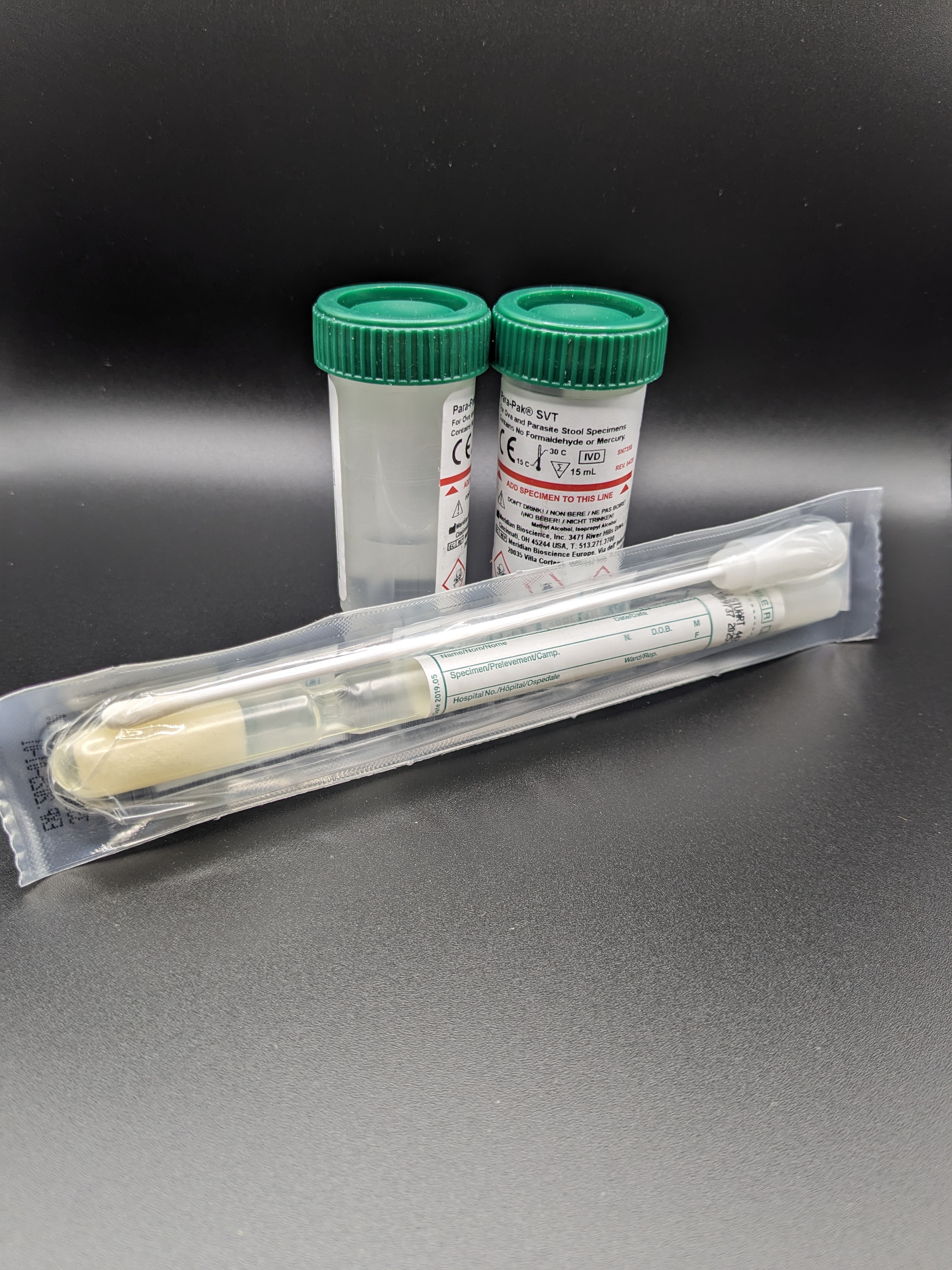
Latest Blog Articles

Genomic and proteomic studies
Deep Dive into Genomic and Proteomic Studies in Parasitology
Genomic and Proteomic Studies
Understanding the genetic and protein-level details of parasites is essential for developing effective treatments and preventive measures. Here, we delve into two critical areas of research: whole-genome sequencing and proteomics.
Whole-Genome Sequencing
Advances in sequencing technologies have revolutionized the field of parasitology, enabling comprehensive genomic studies of parasites. Here's how this is shaping current research:
Understanding the Genetic Basis of Parasitic Diseases
Identification of Key Genes:
Whole-genome sequencing (WGS) allows researchers to identify genes that are crucial for the parasite's survival, reproduction, and virulence.
By comparing the genomes of different parasite strains, scientists can pinpoint genetic variations that contribute to differences in disease severity and transmission.
Drug Resistance:
One of the major challenges in treating parasitic infections is drug resistance. WGS helps in identifying mutations that confer resistance to antiparasitic drugs.
This knowledge can be used to develop new drugs that target resistant strains or to modify existing treatments to overcome resistance.
Host-Parasite Interactions:
Sequencing the genomes of both parasites and their hosts provides insights into how parasites evade the host's immune system and establish infections.
Understanding these interactions at a genetic level can lead to the development of new therapeutic strategies and vaccines.
Technological Advances
High-Throughput Sequencing:
Modern sequencing technologies, such as Illumina and Oxford Nanopore, allow for the rapid and cost-effective sequencing of large parasite genomes.
These technologies have made it feasible to sequence multiple strains of a parasite, enabling large-scale comparative genomic studies.
Bioinformatics Tools:
Advanced bioinformatics tools are essential for analyzing the massive amounts of data generated by WGS.
These tools help in assembling genomes, annotating genes, and identifying genetic variations that are relevant to disease pathology and drug resistance.
Proteomics
Investigating the protein profiles of parasites and their hosts is another crucial area of research. Proteomics complements genomic studies by providing functional insights into the biology of parasites.
Identifying Potential Targets for Drug Development and Vaccines
Protein Expression Profiles:
Proteomics involves the large-scale study of proteins, including their expression levels, modifications, and interactions.
By analyzing the protein profiles of parasites, researchers can identify proteins that are essential for the parasite's lifecycle and are potential targets for drug development.
Host-Pathogen Interactions:
Understanding how parasite proteins interact with host proteins is key to unraveling the mechanisms of infection and immunity.
Identifying host proteins that are manipulated by parasites can reveal new therapeutic targets and lead to the development of host-directed therapies.
Vaccine Development:
Proteomics can identify parasite proteins that are recognized by the host immune system, making them potential candidates for vaccine development.
These proteins can be tested for their ability to elicit protective immune responses in preclinical and clinical studies.
Technological Advances
Mass Spectrometry:
Mass spectrometry is a cornerstone of proteomics research. It allows for the precise identification and quantification of proteins in complex biological samples.
Advances in mass spectrometry techniques, such as tandem mass spectrometry (MS/MS), have improved the sensitivity and accuracy of protein identification.
Protein Databases and Bioinformatics:
Comprehensive protein databases, such as UniProt and the Protein Data Bank (PDB), provide valuable resources for proteomics research.
Bioinformatics tools are used to analyze mass spectrometry data, predict protein structures, and model protein interactions.
Integrating Genomics and Proteomics
Integrating genomic and proteomic data provides a holistic view of parasite biology. This integrated approach can:
Improve our understanding of how genetic variations affect protein function and contribute to disease pathogenesis.
Identify novel biomarkers for early diagnosis and monitoring of parasitic infections.
Accelerate the discovery of new therapeutic targets and the development of more effective treatments and vaccines.
Conclusion
Genomic and proteomic studies are at the forefront of parasitology research, providing deep insights into the biology of parasites and their interactions with hosts. Advances in sequencing and proteomics technologies are driving this research, leading to new discoveries that could transform the way we diagnose, treat, and prevent parasitic diseases. By continuing to explore the genetic and protein-level details of parasites, researchers can develop innovative strategies to combat these persistent and often devastating infections.
Discover What's Really Going On Inside Your Gut!
Experiencing stomach troubles? Our Full GI Panel Test can help! Identify bacteria, parasites, and fungi with state-of-the-art accuracy. Quick, non-invasive, and thoroughly analyzed by experts.
Take the first step towards better gastrointestinal health today!
Feel Refreshed and Balanced with Freedom Cleanse Restore!
Reset your digestive system and boost your overall well-being with our Freedom Cleanse Restore supplement. Designed to support detoxification, promote digestive health, and enhance nutrient absorption.
Reclaim your health—experience the benefits today!
Contact Information
11445 E. Via Linda, #2-419
Scottsdale, Arizona 85259 USA
1-480-767-2522
Hours: 7:30am to 4:00pm
Monday through Thursday.
Hours: 7:30am to 1:00pm on Friday.
Closed Saturday - Sunday.



